
I just got the terrible news that Richard H. Kirk of Cabaret Voltaire had died today when Gavin Brick informed me a few hours ago. It’s always saddening to see a favorite musician die, but we really needed Kirk, especially now. Last year, he reactivated the Cabaret Voltaire name to apply it to his latest work. The name Cabaret Voltaire has always stood for a vigilant deconstruction of the Control Process that saw them predict, with soul-deadening accuracy, the directions in which human society was definitely moving. Control. Surveillance. Propaganda. Psy Ops. And we were the targets.
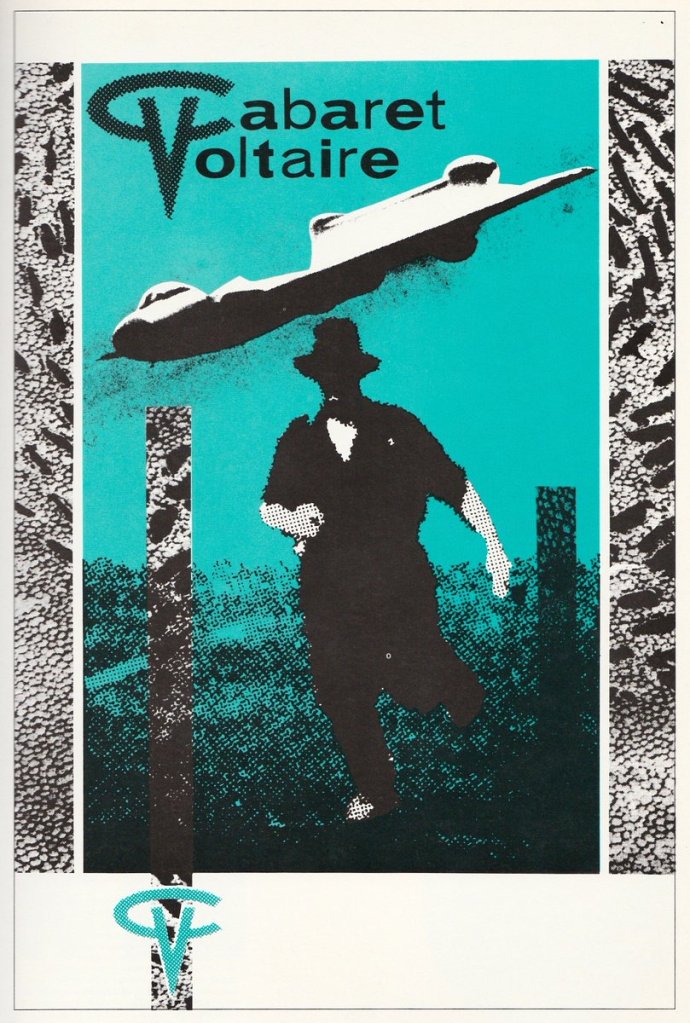
The roots of Cabaret Voltaire went back to 1973 Sheffield where electronics/Eno fan Chris Watson met fellow teenage malcontent Rickard Kirk who began constructing rudimentary oscillators and making experiments in sound, enlivened by their fandom of seminal Beat writer William S. Burroughs. Then, amid the stack heels of the Glam Rock movement, the duo linked up with bass player/vocalist Stephen Mallinder to form a power trio of a different kind. One which tore back the Veil of Maya to reveal power structures. Not construct them.
The band were pivotal to energizing and supporting the growth of the Sheffield music scene in those early years. They were the slightly older, wiser band that showed upstarts like The Human League how it could be done. They defined the indie furrow that others would plow more successfully in their wake. The also defined a technological Funk that was largely unprecedented.

While their early work was experimental and Dadistic cut-up music, there was always the hint of the dance floor to it all. They liked their Art, but they were not snobs. Their seminal single “Nag! Nag! Nag!” sounded like Daleks fronting The Seeds [while taking black beauties]. [Editor’s Note: When I wrote this description, a few days ago, I had not noticed that their 1979 debut album, “Mix-up” in fact contained a cover version of The Seeds “No Escape” from their classic eponymous 1966 album!]
1978 saw them signed to Rough Trade records for their fertile trio period. It was in 1980 when I heard tracks from “Voice Of America” on WMNF-FM in Tampa and I made a strong note of this band though the actual records had not yet filtered into my sleepy hamlet. It was a year or two later when I saw the “2×45” release and the adjacent “Eddies Out” 12″ [complete with bonus 7″] at Crunchy Armadillo and bought them. This was fascinating work on the cusp of noise but with hints of Funk beneath the surface. Then, about two years later, I saw this.
After seeing the “Sensoria” video on Night Flight, I immediately started collecting Cabaret Voltaire. I worked backward and moved forward. I got their latest album, “Micro-Phonies,” which featured the song below as a succinct précis of their ethos. I bought everything but everything was possible to buy, as the band’s records were widely available. Obviously, I was not the only one listening.
As the band had moved from Rough Trade to their more commercial Virgin Records period where Stevo was managing them, they eventually moved to EMI in 1987. At first the music was brighter and cleaner, if slightly sterile, but the same values were obviously present. Then the late 80s manifested and house music was sweeping through the UK music scene, and the album the band made in Chicago [“Groovy, Laid Back And Nasty”] was an experiment that lost my endorsement. Afterward, the band linked up with Les Disques Du Crépuscule for an transitional techno album that saw the contributions of Stephen Mallinder minimized severely. The album that followed this seemed to be mostly Kirk making the music, and then Mallinder was gone. This period did not stick with me, and 1991’s “Body + Soul” remained the last new CV album I would buy.
Richard Kirk released an abundance of solo projects under his name as well as the following list of aliases via his Wikipedia page:
| RICHARD H. KIRK | LIST OF KNOWN ALIASES | + OTHER BANDS |
|---|---|---|
| Acid Horse | Extended Family | Reflexiv |
| Agents With False Memories | Frightgod | The Revolutionary Army (Of The Infant Jesus) |
| Al Jabr | Future Cop Movies | Richard H Kirk And The Arpeggio 13 |
| Anarchia | Harold Sandoz | Robots + Humanoids |
| Biochemical Dread | International Organisation | Sandoz |
| Bit Crackle | King Of Kings | Signals Intelligence |
| Blacworld | Multiple Transmission | The Silent Age |
| Chemical Agent | Nine Mile Dub | Sweet Exorcist |
| Citrus | Nitrogen | The Technocrat.s |
| Cold Warrior | Orchestra Terrestrial | The Third Man |
| Dark Magus | Outland Assasin | Trafficante |
| Destructive Impact | Papadoctrine | Ubermenschlich |
| Digital Terrestrial | Pat Riot | Ubu Rahmen |
| Dollars And Cents | Port Au Prince | Vasco De Mento |
| DR Xavier | The Pressure Company | Wicky Wacky |
| Electronic Eye | PSI Punky Dread Allstars | XON |
All of this [with the exception of Acid Horse and The Pressure Company] is unheard by me as it represents an almost crushing amount of music to absorb. Cab Volt’s imperial period was already so fecund that I could just about keep up with the ceaseless array of 12″ singles and albums. In the 21st century, I’ have soaked up many of the compilations that collected both the band’s 12″ single material as well as the plethora of unreleased tracks and mixes that were shelved but not forgotten and ignored, thankfully. In the last 20 years, I have bought an additional eight CDs worth of vital archival material over five releases; much of it previously unreleased, that has a cachet with me akin to Prince fan’s relationship to The Vault material. If I was not getting new CV material of interest then this certainly made up for it.
And last year after years of teasing and even playing new concerts under the Cabaret Voltaire name, Kirk released the first new Cab Volt album in 26 years, “Shadow Of Fear,” A more Cabaret Voltaire name for a release I cannot imagine. I had wanted to buy this, but purchases in the pandemic environment have been much more scarce and that’s not changing any time soon, as we discussed yesterday. But I will still have an interest in getting that album, and one day, possibly years down the road, it may happen. As I might investigate the dozens of solo projects he’d released over the years that kept me at arm’s length due to his late-period Bill Nelson-like levels of productivity. When I look at the stack of Kirk releases in my Record Cell below, I am surprised but pleased by their large number. For me, Cabaret Voltaire was a Core Collection band who were seminal in their ability to hybridize an Industrial approach that gave Funk an eerie kind of menace that suited the zeitgeist. It was the sound of a resisting spirit that spoke to me. Now, more than ever.
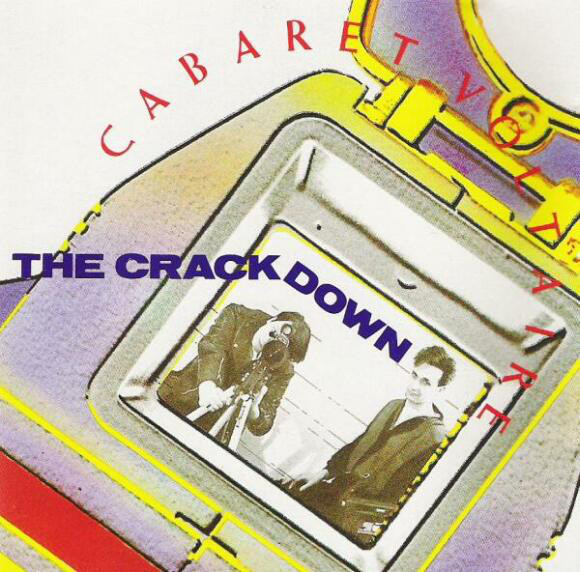
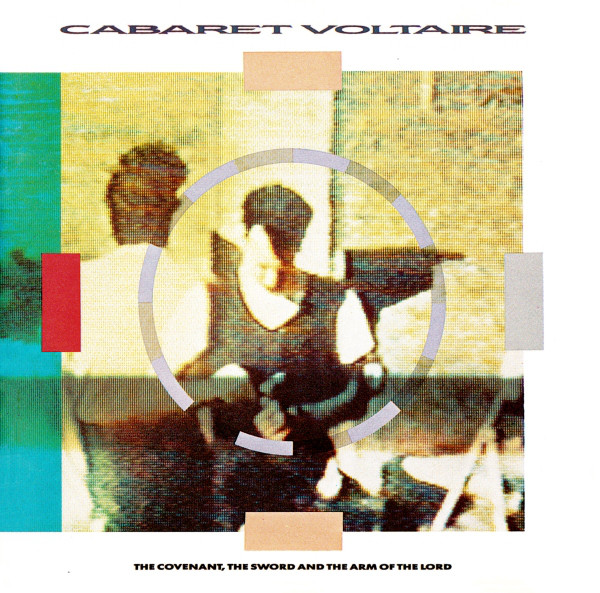
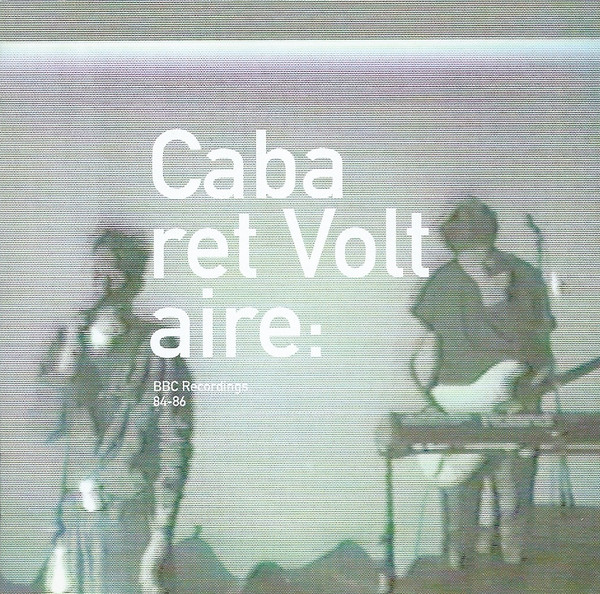
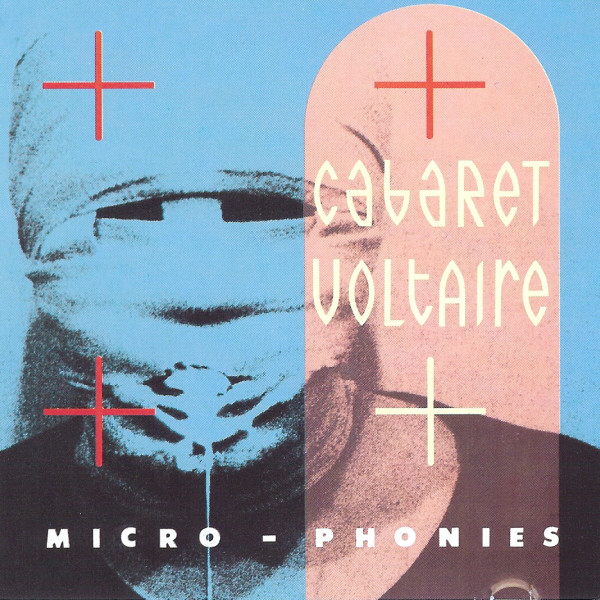
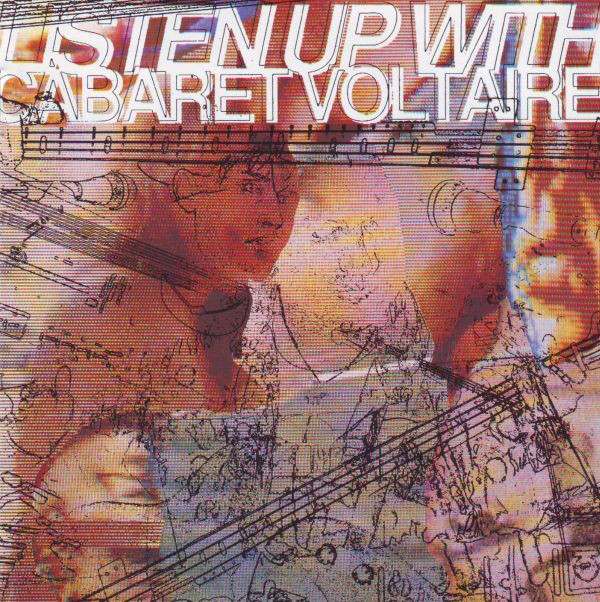
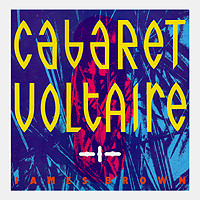
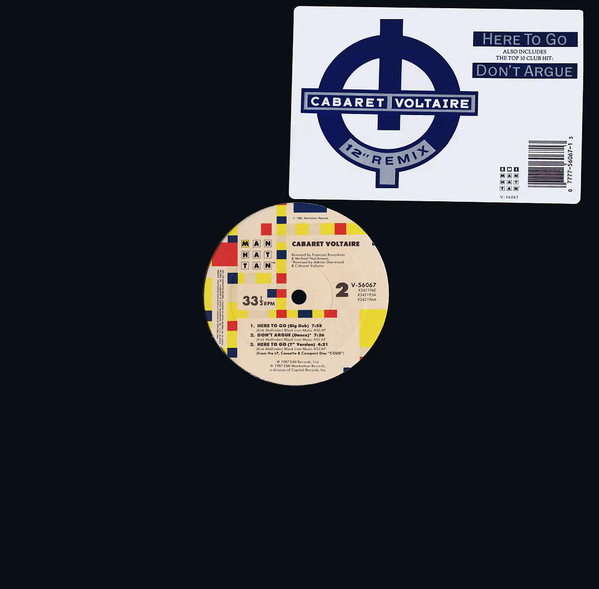
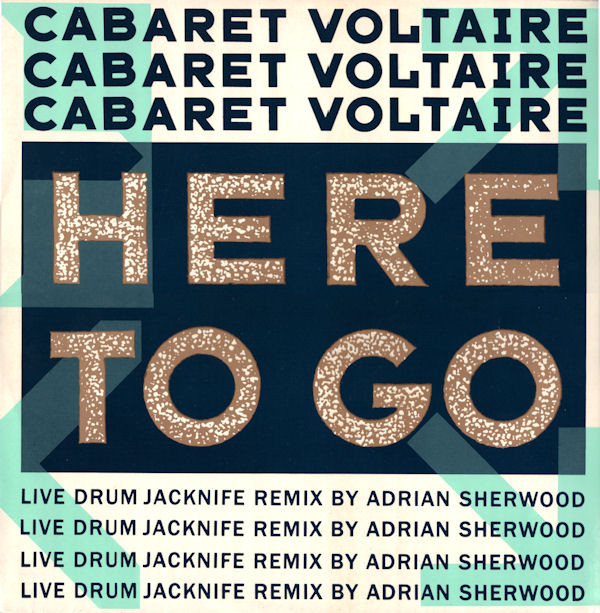
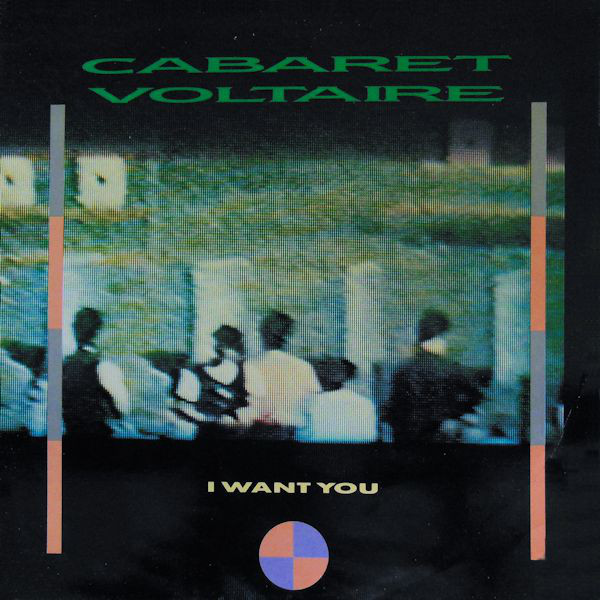
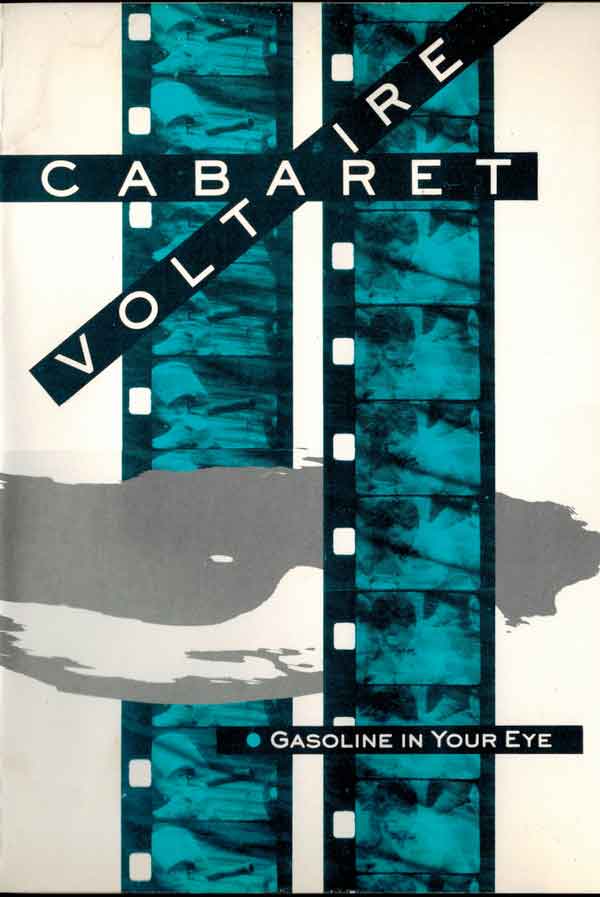
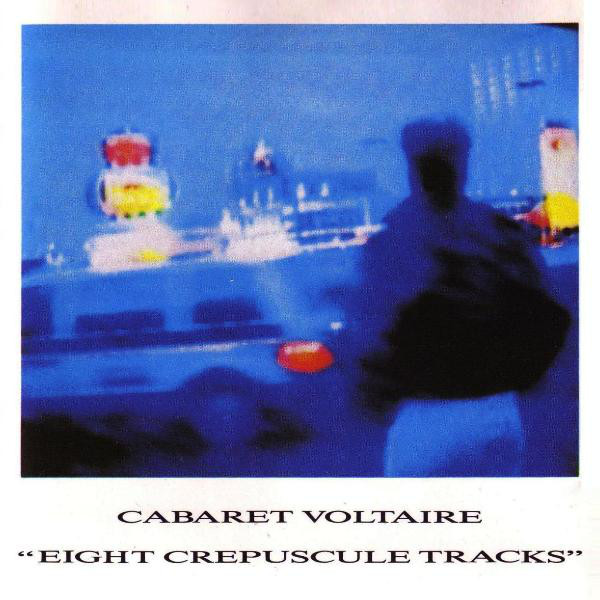
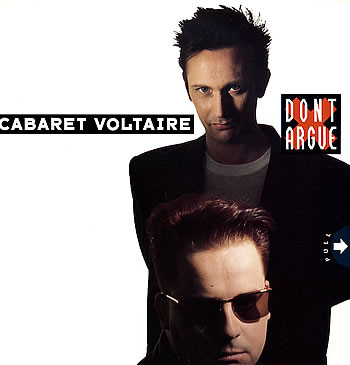
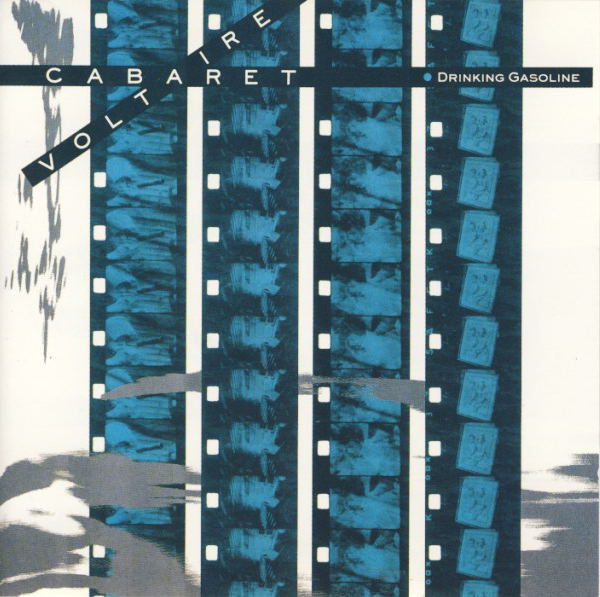
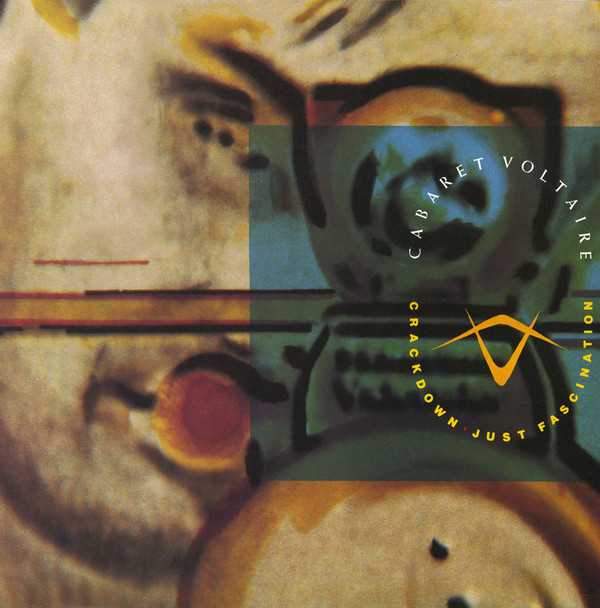
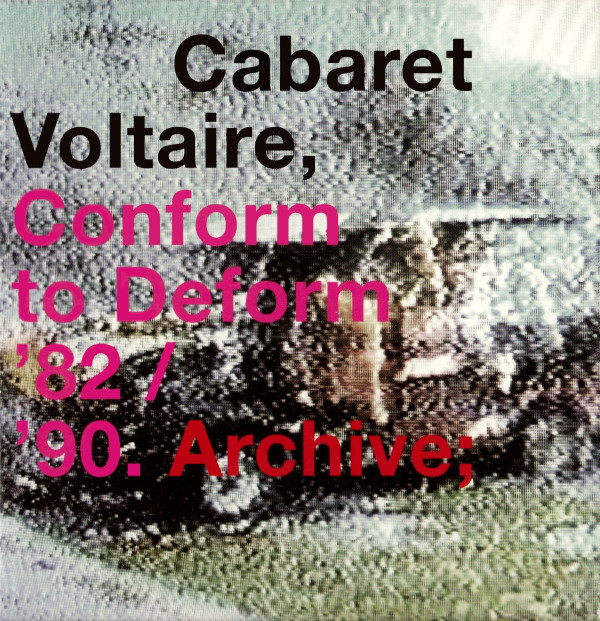

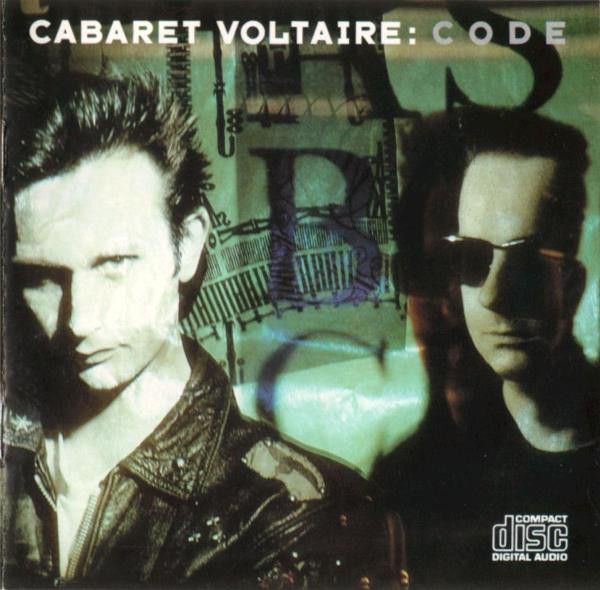
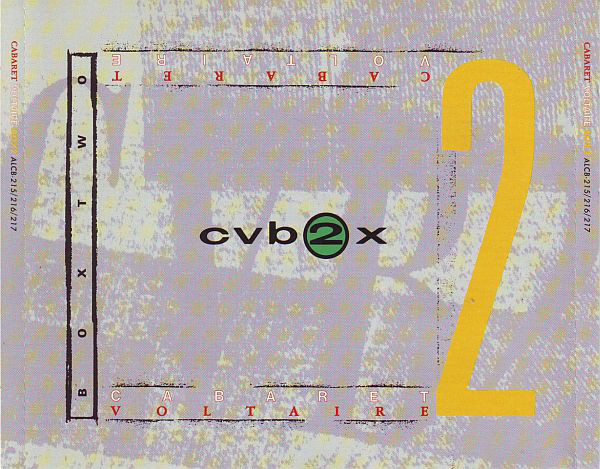
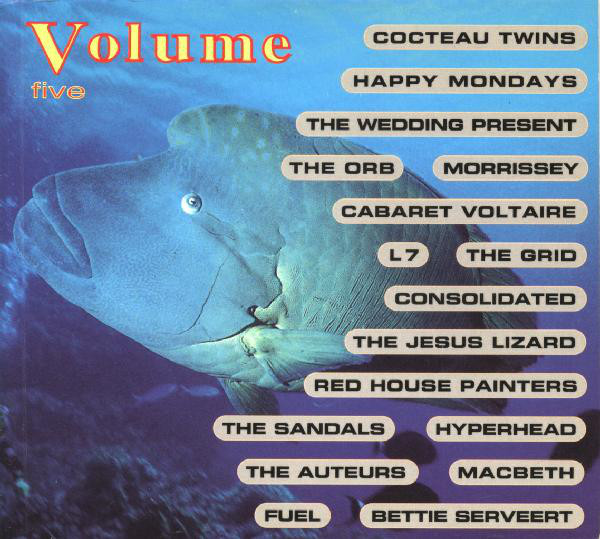
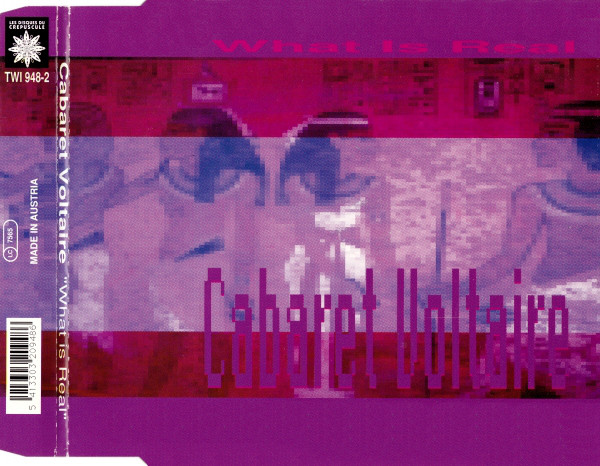
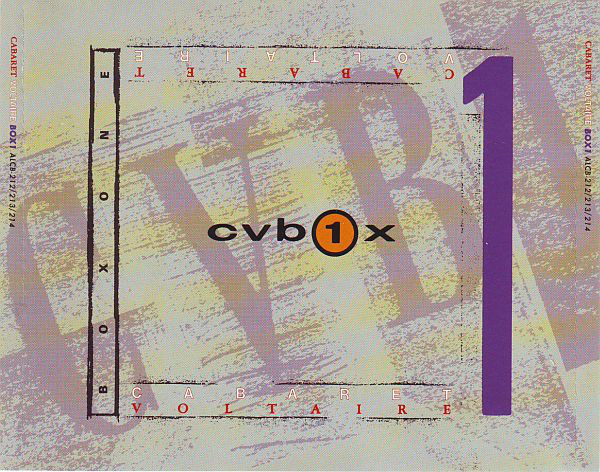
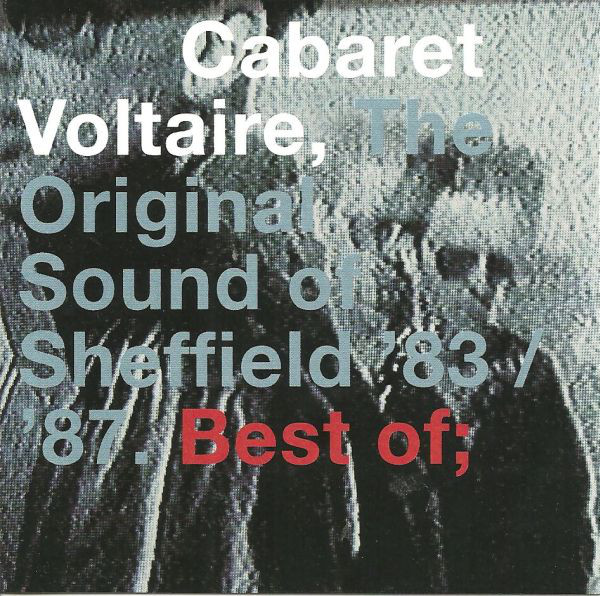
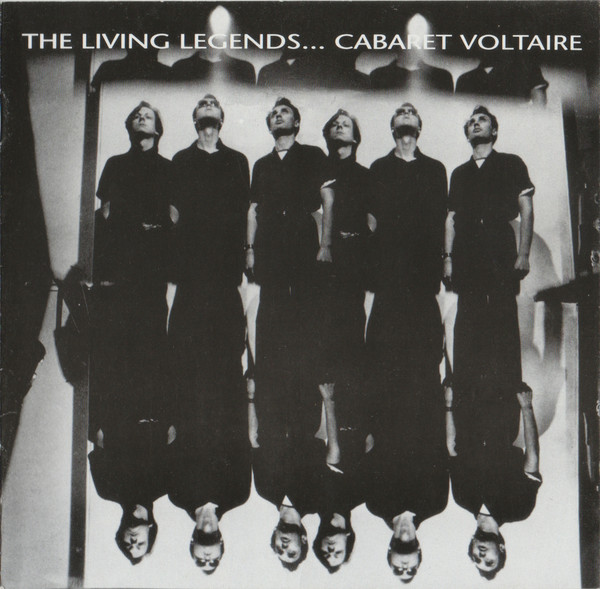
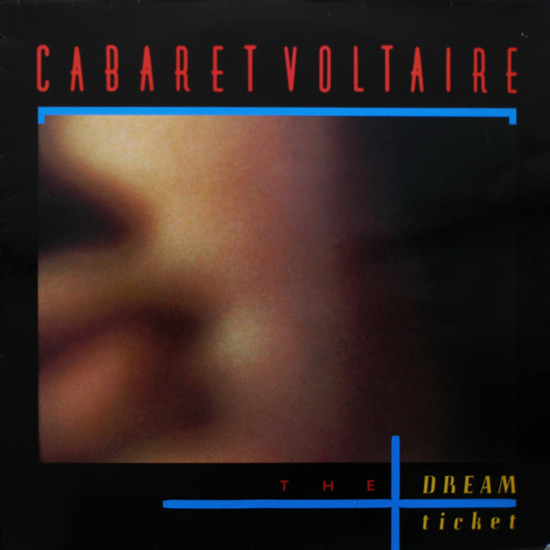

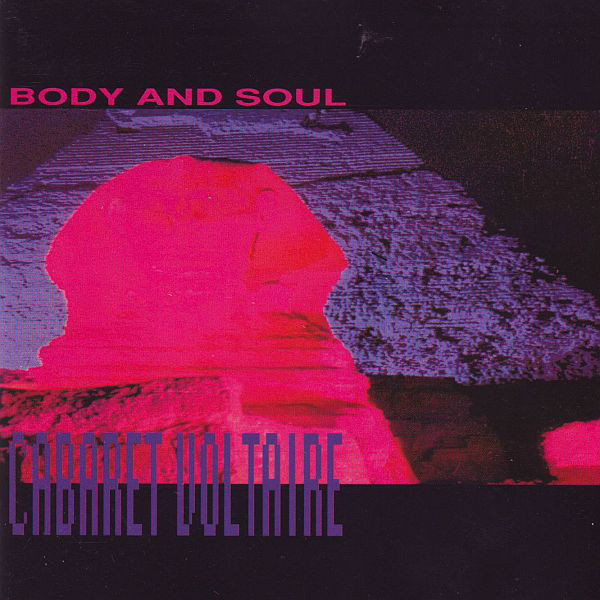
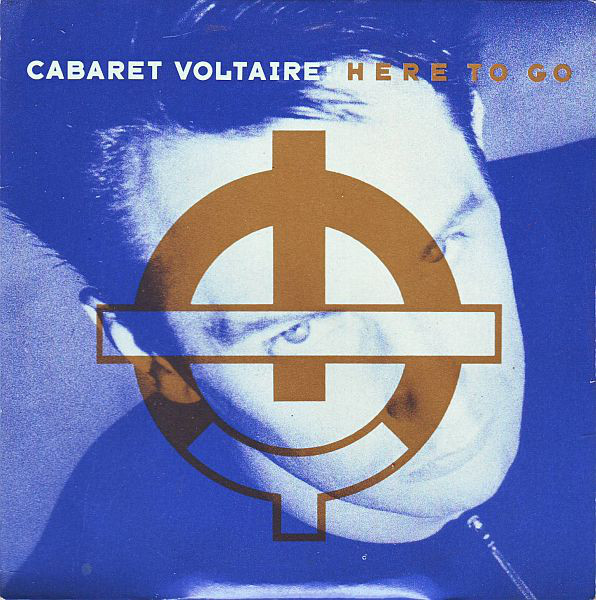
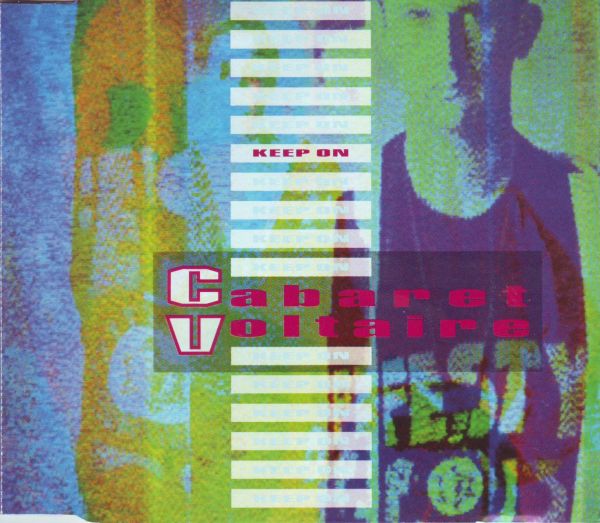
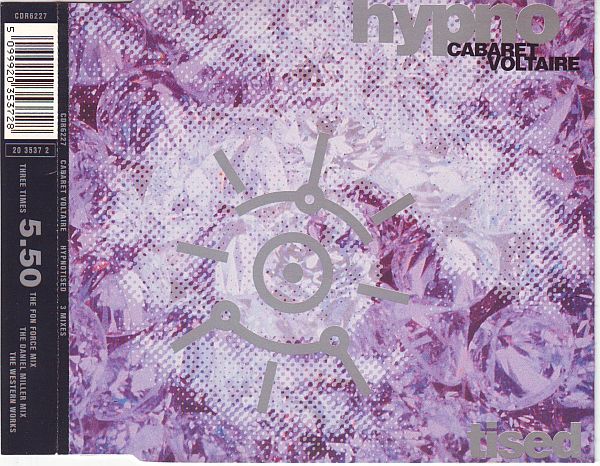
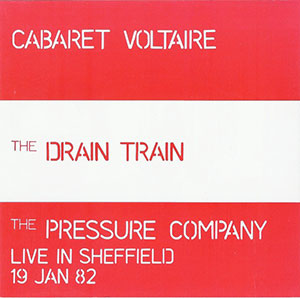
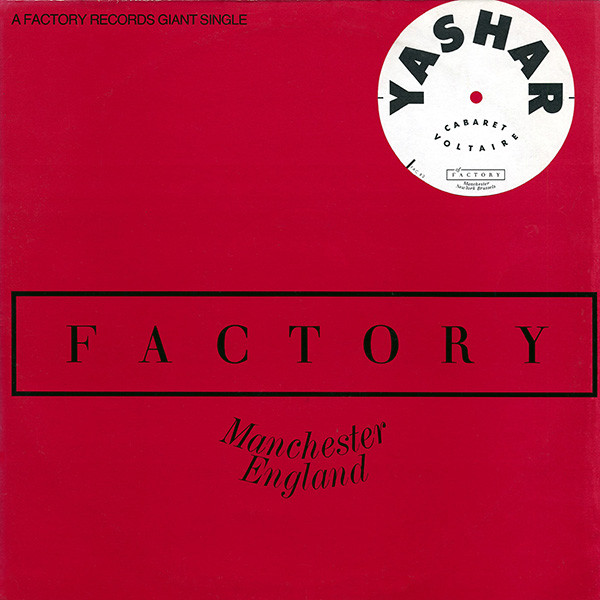
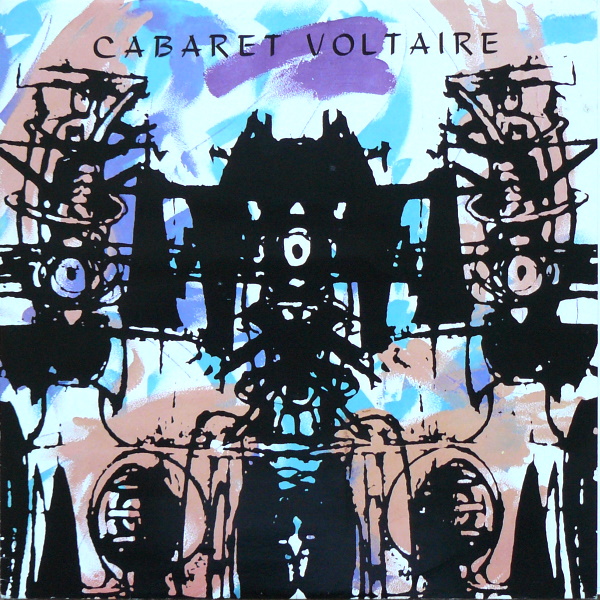
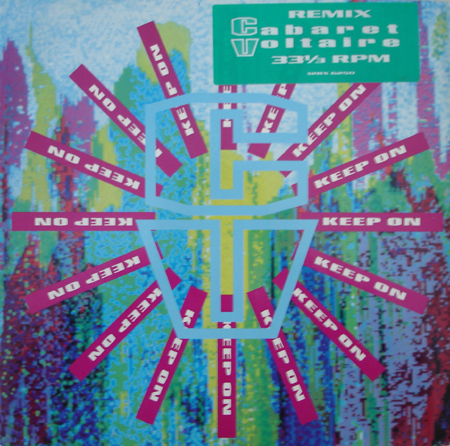
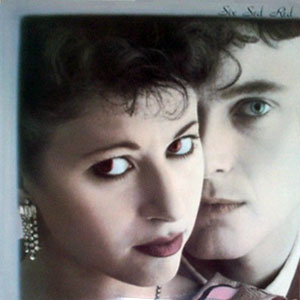

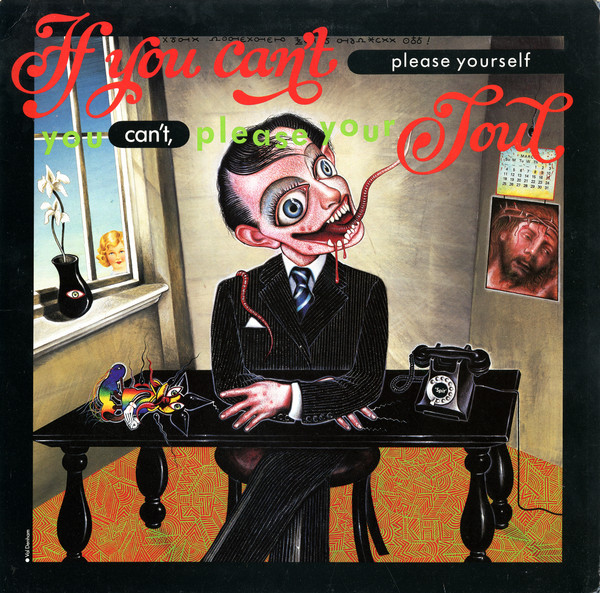
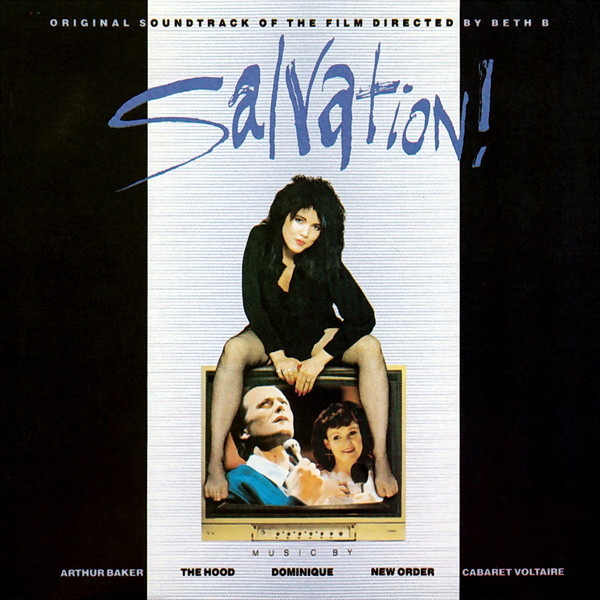
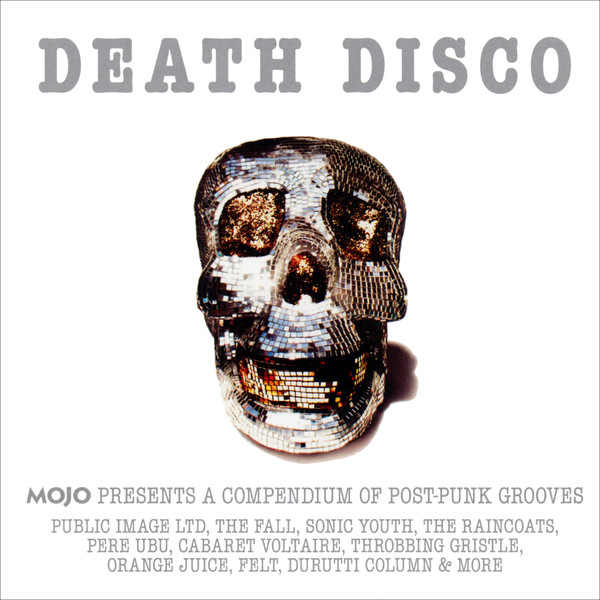
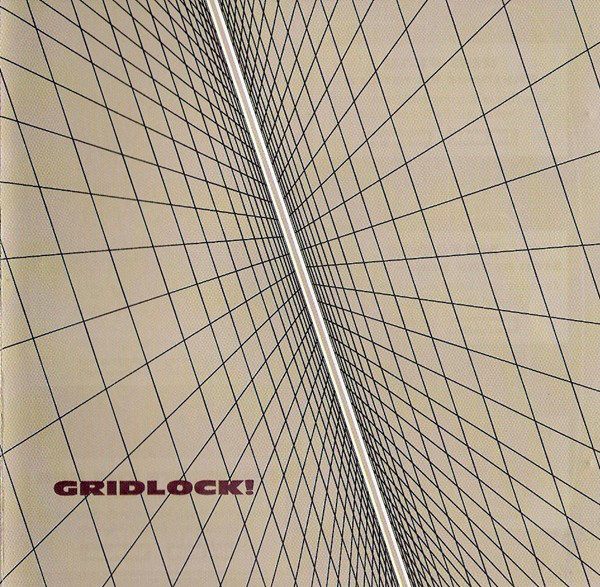
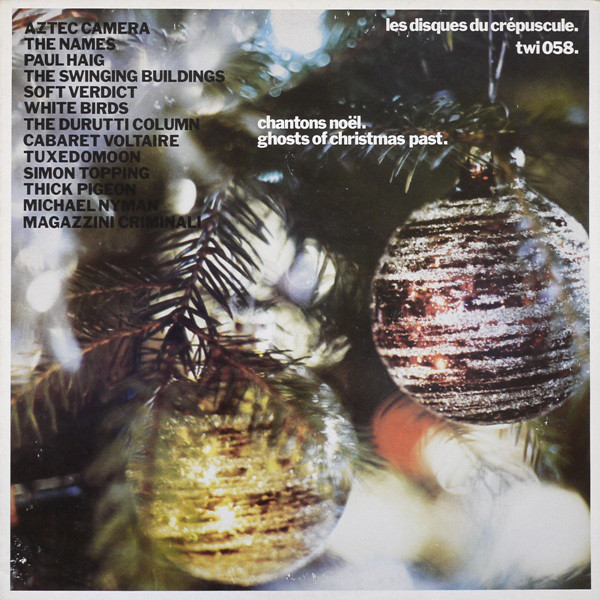

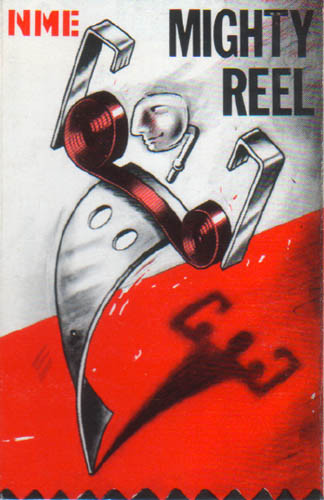
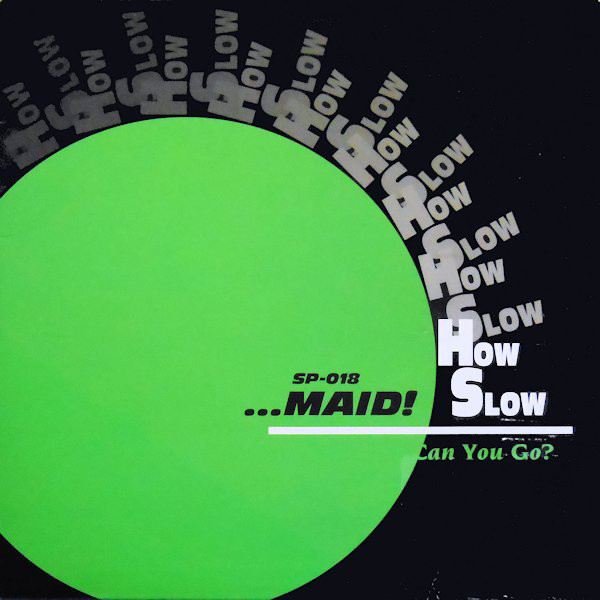
-30-





![Want List: Visage DLX RM […finally!]](https://i0.wp.com/postpunkmonk.com/wp-content/uploads/2018/11/visage-dlxrmuscda.jpeg?resize=200%2C200&ssl=1)


Hi Mr. Monk,
Brilliant post. Again, so sorry to hear about his passing away. I do have many of the recordings and albums you posted. Although there is a lot of early works, pre-crackdown that I do not have. It just shows the variety and abundance of material they put out. Not sure if any other electronic, experimental, industrial bands could match them. They also have a lot of visual material also. I’m glad he was able to commission all the boxsets and retrospectives with lots of material to go through also.
I am not caught up on the current releases either. But will be getting those shortly. Well, Richards
time had come, and unfortunately, we will not be able to hear what other direction they would have gone, and what it would have been like.
later
-1
LikeLiked by 1 person
negative1ne – The Rough Trade era is a must. Chris Watson was their “Carlos Peron,” if that makes sense.
LikeLiked by 3 people
Weird that we have a similar love for the Cabs and a similar amount of stuff! Weird also that I’d got to hear about this sad news on here. You’re correct about the massive tide of releases to get washed away with. My introduction was “Fascination ..” taped from the John Peel show. My favourite LP ; “Sword, Covenant and the Arm of The Law”, it blew my ears off ! Great post/ tribute as always. Gutted they never properly reformed.
LikeLiked by 1 person
djjedredy – “The Covenant, The Sword, And The Arm Of The Lord” is also my favorite! Their masterpiece. Unclean 8-bit digital punk!
LikeLiked by 2 people
Gutted to read the news. CV looms large over so much of the musical landscape that I love. I have listened to a LOT of RHK’s solo output under various names and there is a lot to like, but nothing tops the work he did with CV. RIP Richard.
LikeLiked by 1 person
jsd – I listened to a lot of mediocre Industrial music in the 80s [Skinny Puppy??!] because I wasn’t getting enough Cabaret Voltaire! And those guys were incredibly prolific back then!
LikeLike
Sorry to hear of RHK’s passing. The Cabs were an integral part of my listening throughout the 80s. The first time I heard Nag Nag Nag, I was hooked. The visceral nature of the song was like catnip to me at a time that I was searching for all the new music that would reflect me as much as it defined me. I followed their musical journey for the entire decade and even if their foray into more conventional dance music wasn’t always successful in my mind, it still deserved my attention.
LikeLike
Echorich – I saw a quote on The Guardian yesterday where Kirk was talking about Miles Davis and how he only played his old music at the end of his life that seems pretty cogent right now:
“I’ve been a big fan of Miles Davis for many years and he would never play anything from the past and the only time he ever did that was before he died,” he told Fact magazine in 2017. “I just feel like, what’s the point? … I always make it really clear that if you think you’re going to come and hear the greatest hits then don’t come because you’re not. What you might get is the same spirit.”
LikeLiked by 1 person
A true pioneer, loved the way CV combined the paranoid atmosphere of the cold war with the dance floor . If pushed my favourite would be the Yashar 12in released on Factory,
LikeLiked by 1 person
middle aged man – And remember, as G. Gordon Liddy said: “A paranoid is one who has all of the facts!”
LikeLike
Excellent post and tribute, PPM. I really struggled to find the words to express how much Richard H. Kirk’s music has meant to me. The John Robie remixes of Yashar and The Crackdown album were my entry point to Cabaret Voltaire and I did stick with them through the latter releases in the 1990s. You’re right about the sheer volume of RHK material – I’ve got a fair bit, but I’m also kind of resigned to the fact that I will never hear it all…!
I haven’t got the Shadow Of Fear album yet, but there was a 3 track EP, Shadow Of Funk, out earlier this year, which is great. Of the side projects, I’ve a lot of love for his Sandoz dub project – Sandoz In Dub: Chant To Jah is a particular favourite. Also, RHK resurrected the CV name to produce a couple of remix albums/EPs for Kora and The Tivoli in the late 2000s which are worth checking out.
LikeLike
Khayem – “Shadow Of Funk” single was news to me! I wonder about Kirk’s estate. Will there be “vault releases?”
LikeLike
I was pretty shocked to get the news. The possibility just wasn’t even remotely on my radar.
If you would have asked me at any point during the last almost 40 years what my favorite artist was at the moment, 80% of the time I would have said Cabaret Voltaire. I had admiration for them at the time of Yashar and the Crackdown LP, but like Monk, I’m pretty sure it was Sensoria that turned me into an obsessive. And collect I did, including all his solo stuff released under the countless pseudonyms. If I had to pick one release of theirs as a favorite, I think I’d take the Drinking Gasoline EP. Close runner ups: Microphonies, Covenant, Crackdown.
Groovy Laidback Nasty was something I thought I would never hear from them, and didn’t much enjoy, although I love “Easy Life.” But I wouldn’t write off everything that followed. The last three CV albums, at least at the time, Plasticity / International Language / The Conversation, are pretty strong in my book. As far as I can tell they are RHK solo vehicles. And of the mounds of solo stuff, his releases under the Sandoz moniker have some good listening for sure, especially Dark Continent. I’d also recommend Nitrogen / Intoxica.
LikeLike
Mathmandan – Right? A year ago he re-claimed CV branding for a thread of work that was surprisingly fecund if now cut short. I had no idea of the “Dekadrone” And “BN9Drone” albums until I went poking around after his demise.
LikeLike
He will be sadly missed…. Sensoria now on repeat. LOUD. REPEAT!
LikeLike
Ronald van Veen – I’ve been lost in “Nag! Nag! Nag!”
LikeLike
Thanks for writing what I have found to be the best tribute to Mr Kirk so far. My years of listening to Cabaret Voltaire number around 32, and thanks to the release of Listen Up With Cabaret Voltaire around the time I began listening to them in earnest, it was easy to get introduced to the feel of the various eras of their back catalog while moving forward with them on a parallel journey in sound. While DJing on college radio I got to explore (and share!) their back catalog further while simultaneously following their ever-evolving current releases.
Some of Cabaret Voltaire’s fans have a tendency to only appreciate a particular era. I always considered myself fortunate to have developed a taste for the entire catalog. I may never know if the changes in their sound led me in particular direction or if I just happened to following the same course on my own. Either way, it delighted me to always have Kirk’s music filling a specific craving. What I will miss most in a world without him is hearing where he would take us next. Of those whom I haven’t known personally, his passing is likely to be the most impactful in my life. I will be doing my part to keep his spirit alive.
LikeLike
Arthur Gravity – Welcome to the comments! Thanks for the kind words. I think I was lucky to have heard them first in the Rough Trade era so that when they got a whole lot lot more polished and dancefloor oriented, I didn’t have any problems with either the Rough Trade or Virgin era. But it’s the late period that didn’t work for me. The loss of the human element [Stephen Mallinder] led to a sense of loss for this fan. I should perhaps give the post “Code” era that was primarily Kirk another try. I still kept the singles from “Groovy Laid Back + Nasty” but now I’m remembering the clichéd lyrics Mallinder was mouthing in those songs and the bile has begun to rise again. I don’t think that anything other that the band’s own messy Western Works mixes are salvageable from those singles. But I’m thankful that they offered them in any case. I do wonder about the primordial pre-Rough Trade era. I wonder if there’s enough there to grab onto? Have you heard that material?
LikeLike
Always enjoyed CV. My first LP by them was Live at the YMCA. But like Monk and many here, it was Sensoria that made me a fan. Micro-Phonies is my most listened to. I have all of their output from 79 to the 3 Instinct releases ( at least in the USA). After that I lost interest.
I saw Richard live once and no one in the venue knew who he was. They were there for the headliner. Nothing really much to see in any event. I also enjoyed their art aesthetic. Independent. Western Works was their studio and they kept it that way. Sort of like Kling Klang.
I have a few of Richards solo albums under different names but felt it was a bit sterile without Stephen. The new CV that came out was quite interesting. Including the EPs. Bought it.
I agree with one comment. I see them in distinct phases all of which offer something.
A real loss as I considered CV part of my generation. Perhaps a bit older but the same spirit.
LikeLike
Jordan – Even the last material I have with Stephen, “Body + Soul,” was sterile sounding. It fails to move me greatly because of it. “Plasticity” went too far in that direction for me. The mid-80s may have been slick but sterile, it wasn’t! At first I was shocked by the grunginess of “The Covenant, The Sword, + The Arm Of The Lord,” but I soon warmed to it to the point where it’s my favorite recording. The crude grain of the 8-bit sampling was actually thrilling as it straddled digital power and control with a crudeness that harked back to the analog era. Hybrid vigor!
LikeLike
As usual, you’ve done a fine job paying tribute to a fallen musical legend. Losing Richard H. Kirk a year-and-a-half after another industrial music titan departed this mortal coil (Genesis Breyer P-Orridge) feels like a roundhouse kick to the stomach. I can’t emphasize how important Cabaret Voltaire has been in shaping my musical tastes. Speaking as one of the younger commenters here (if not the youngest), listening to the Voice of America as my introduction to the Cabs was quite a learning experience. Sampling in music has become so commonplace over the last 30 years that it
makes me appreciate what artists like the Cabs achieved in the days before digital samplers.
I’m relistening to the Voice of America as I type this, and it occurred to me just how unique of a guitarist Richard H. Kirk. Granted, one doesn’t typically think of the Cabs as guitar-oriented music, but I can think of a lot of creative uses of delay effects utilized by Kirk. The opening one-two punch of The Voice of America/Damage is Done contains some effective ambient guitar delays that complement the rhythm box and synthesizers nicely. You can also hear a strong dub/reggae influence in Kirk’s guitar work on singles like Silent Command, whose clipped rhythms and skanked-up fadeouts add to the sonic atmosphere nicely. When you brought up the garage rock sound of Nag Nag Nag (another stellar Cabs single), it reminded me of the eerie Vox Continental organ used on Silent Command. The effect is like listening to a merry-go-round instrumental being played at half-speed. As someone who generally has little interest in garage rock (primarily because of the musical limitations and misognyistic lyrics), it’s refreshing to hear bands extract the best parts of garage (those lo-fi Vox/Farfisa organs) into something completely different.
One of my other favorite music writers, Simon Reynolds, just posted some pieces celebrating Kirk on 2 of his blogs. The Village Voice article from the ReynoldsRetro post contains further examinations on Kirk’s guitar stylings and how they shaped the re-invention of that instrument in the post-punk era. There were so many great guitarists working in that period who expanded upon the innovations of Fred Frith and Robert Fripp.
http://blissout.blogspot.com/2021/09/rip-rhk.html
http://reynoldsretro.blogspot.com/2021/09/rip-rhk-cabaret-voltaire-sweet-exorcist.html
LikeLike
Zach – Phew! I’ve been so slammed that it’s taken some time to respond to your excellent comment with the depth that it deserved. Mea culpa.
So that’s interesting that your first exposure was also to “Voice of America,” even years later. I would have imagined that any time post-1984 that the “Sensoria” clip might have been the flashpoint of any subsequent CV fandom. I have to admit that in the context of 1980, “Voice Of America” sounded like little else out there! Even “My Life In The Bush Of Ghosts” was not released until the next year! And I was completely unaware of Holger Czukay’s “Movies” until many years later!
Kirk’s facility with lots of instruments added that element X that was drained out of the increasingly computerized and sterile Cab Volt music over time. Not only his guitar playing was a fascinating element but also his saxophone playing was something that I never saw mention of. I was fascinated that they roped Bill Nelson into contributing to “Code.” Possibly the only A-list guest artist they ever managed to have on their albums. Your mention of Fripp inflames my imagination. I would have loved to heard what he might have added to “The Covenant, The Sword, And The Arm Of The Lord” on first playthrough, ala “Heroes.”
Yes, the mining of Garage Rock to be used as the seeds of mutation for genre mashups not yet imagined is an interesting thing. You also mention one of the big limitations of Garage Rock; its misogyny. I like the sound of it but really, the songs are about two things: putting down women or proclaiming what a bad dude the singer is! The former is not acceptable and the latter has to be done with the utmost of panache to surmount the perils inherent in such a narcissistic endeavor. I would like to hear someone use the Garage Rock style to produce a pointedly political song for a change. Has anyone done that and I missed [as I miss almost everything]?
LikeLike